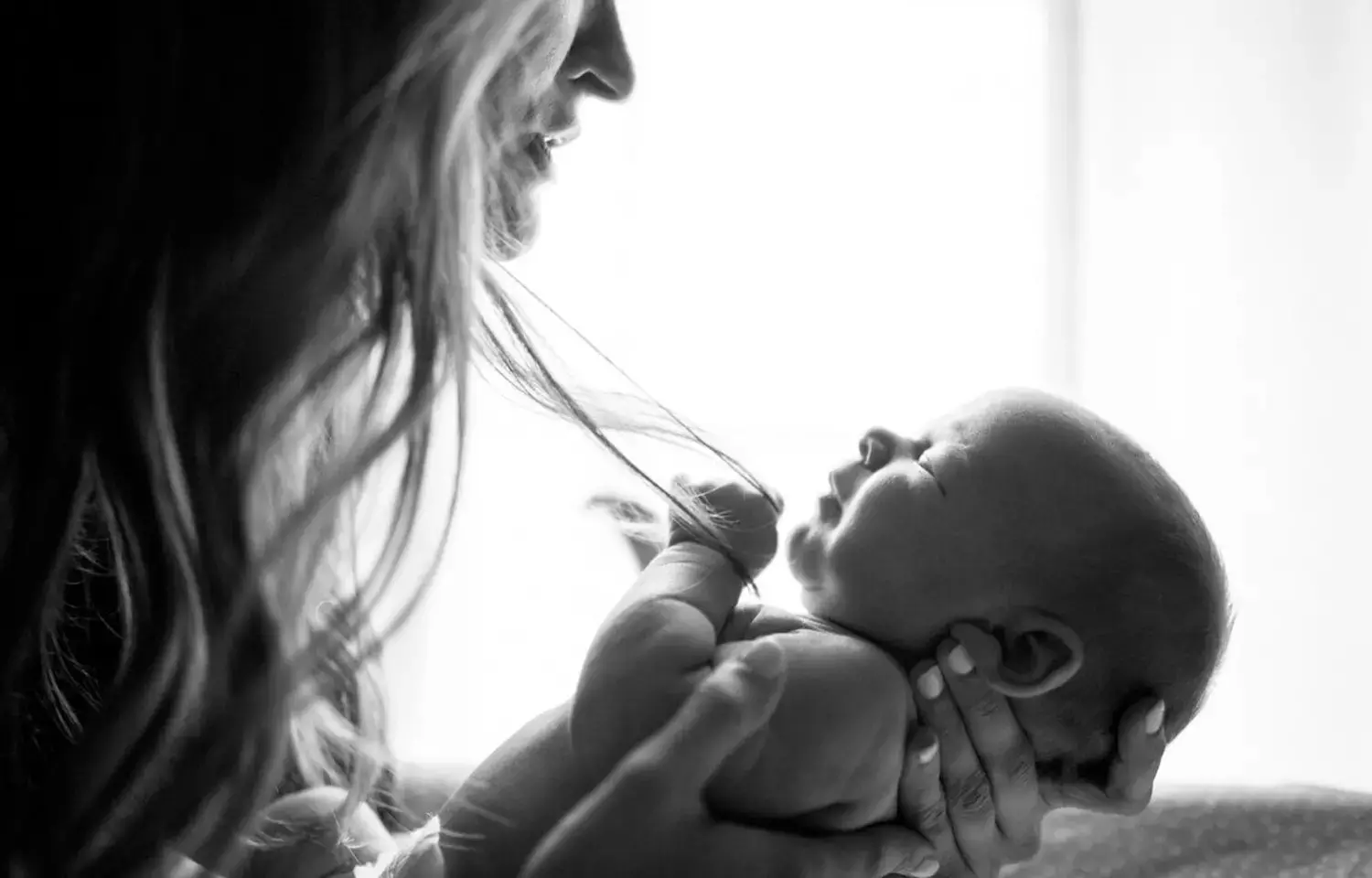- Home
- Medical news & Guidelines
- Anesthesiology
- Cardiology and CTVS
- Critical Care
- Dentistry
- Dermatology
- Diabetes and Endocrinology
- ENT
- Gastroenterology
- Medicine
- Nephrology
- Neurology
- Obstretics-Gynaecology
- Oncology
- Ophthalmology
- Orthopaedics
- Pediatrics-Neonatology
- Psychiatry
- Pulmonology
- Radiology
- Surgery
- Urology
- Laboratory Medicine
- Diet
- Nursing
- Paramedical
- Physiotherapy
- Health news
- Fact Check
- Bone Health Fact Check
- Brain Health Fact Check
- Cancer Related Fact Check
- Child Care Fact Check
- Dental and oral health fact check
- Diabetes and metabolic health fact check
- Diet and Nutrition Fact Check
- Eye and ENT Care Fact Check
- Fitness fact check
- Gut health fact check
- Heart health fact check
- Kidney health fact check
- Medical education fact check
- Men's health fact check
- Respiratory fact check
- Skin and hair care fact check
- Vaccine and Immunization fact check
- Women's health fact check
- AYUSH
- State News
- Andaman and Nicobar Islands
- Andhra Pradesh
- Arunachal Pradesh
- Assam
- Bihar
- Chandigarh
- Chattisgarh
- Dadra and Nagar Haveli
- Daman and Diu
- Delhi
- Goa
- Gujarat
- Haryana
- Himachal Pradesh
- Jammu & Kashmir
- Jharkhand
- Karnataka
- Kerala
- Ladakh
- Lakshadweep
- Madhya Pradesh
- Maharashtra
- Manipur
- Meghalaya
- Mizoram
- Nagaland
- Odisha
- Puducherry
- Punjab
- Rajasthan
- Sikkim
- Tamil Nadu
- Telangana
- Tripura
- Uttar Pradesh
- Uttrakhand
- West Bengal
- Medical Education
- Industry
Mothers with family history of psychiatric disorder at higher risk of postpartum depression: JAMA

Denmark: Mothers with a family history of any mental condition are twice more likely to have postpartum depression than mothers without such a history, says an article published in the Journal of American Medical Association - Psychiatry.
There is conflicting data on the relationship between a family history of mental illnesses and postpartum depression; family studies have shown a familial risk of the condition, while systematic reviews and umbrella reviews, which include all risk variables, frequently have not. In order to ascertain the relationship between a family history of mental problems and the chance of developing postpartum depression within a year after giving birth, Mette-Marie Zacher Kjeldsen and colleagues undertook this study.
In addition to citation and reference searches, literature searches were carried out in September 2021 and updated in March 2022 in PubMed, Embase, and PsycINFO. Peer-reviewed cohort and case-control studies reporting an odds ratio (OR) or enough information to generate one for the link between family history of any mental condition and postpartum depression qualified as studies eligible for inclusion.
The key findings of this study:
1. A total of 26 studies with data on 100 877 women were considered.
2. When women had a family history of mental problems, the meta-analysis revealed an increased OR of developing postpartum depression, which corresponded to a risk ratio of 1.79 when assuming a 15% prevalence of postpartum depression in the general population.
3. Analyses of subgroups, sensitivity, and meta-regression agreed with the main results.
4. According to GRADE, the overall level of evidence's certainty was rated as moderate.
In conclusion, this systematic review and meta-analysis, which was based on 26 research from 18 nations across five continents, shows that mothers who have a family history of any mental condition had an approximately twofold increased chance of getting PPD. Straightforward self-reported questions, maybe as part of standard maternity care, make it simple to gather information on family history of mental problems. Early detection enables prompt and focused intervention to either avoid PPD or lessen its effects.
Reference:
Zacher Kjeldsen M, Bricca A, Liu X, Frokjaer VG, Madsen KB, Munk-Olsen T. Family History of Psychiatric Disorders as a Risk Factor for Maternal Postpartum Depression: A Systematic Review and Meta-analysis. JAMA Psychiatry. Published online August 17, 2022. doi:10.1001/jamapsychiatry.2022.2400
Neuroscience Masters graduate
Jacinthlyn Sylvia, a Neuroscience Master's graduate from Chennai has worked extensively in deciphering the neurobiology of cognition and motor control in aging. She also has spread-out exposure to Neurosurgery from her Bachelor’s. She is currently involved in active Neuro-Oncology research. She is an upcoming neuroscientist with a fiery passion for writing. Her news cover at Medical Dialogues feature recent discoveries and updates from the healthcare and biomedical research fields. She can be reached at editorial@medicaldialogues.in
Dr Kamal Kant Kohli-MBBS, DTCD- a chest specialist with more than 30 years of practice and a flair for writing clinical articles, Dr Kamal Kant Kohli joined Medical Dialogues as a Chief Editor of Medical News. Besides writing articles, as an editor, he proofreads and verifies all the medical content published on Medical Dialogues including those coming from journals, studies,medical conferences,guidelines etc. Email: drkohli@medicaldialogues.in. Contact no. 011-43720751


